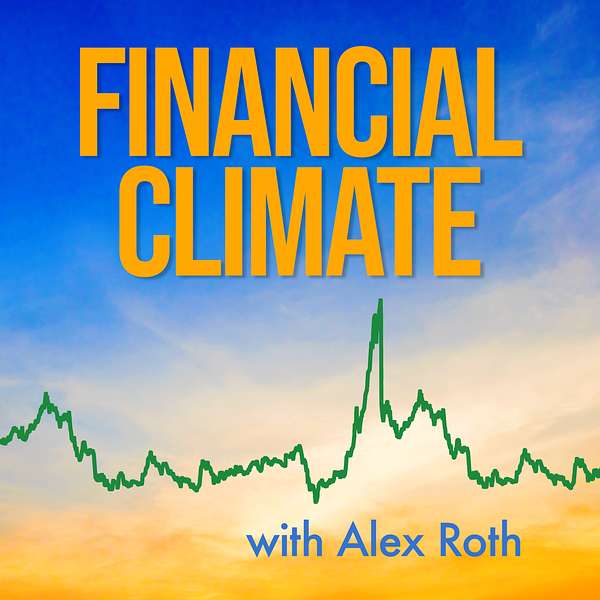
Financial Climate
Join host Alex Roth for conversations with the most insightful investors, innovators, and experts at the frontier of climate and finance.
If you’re working to fight climate change, you know finance has become an essential tool. If you’re a finance professional, you know that an understanding of climate risk and the energy transition is becoming indispensable. The connection between climate and finance will only strengthen as we redeploy trillions in capital to keep Earth habitable.
Financial Climate
Ep. 19: Law Professors Elizabeth Chamblee Burch and Adam Orford discuss the recent proliferation of major climate lawsuits
In recent years, as climate change has gained attention, there's been a proliferation of climate related lawsuits. They're based on a wide variety of legal theories. Some are brought under federal statutes like the Clean Air Act, others are brought under state statutes. Still others rely on common law, which is so old that it predates the widespread use of fossil fuels. Some of these lawsuits seem mainly symbolic. Others have been brought by state and local governments—inspired by the multibillion dollar tobacco litigation of the 1990s—seeking to hold fossil fuel companies liable for astronomical financial damages.
The Sabin Center for Climate Change Law at Columbia University maintains a public database that tracks climate related litigation. The center reports 97 climate related cases filed just in the first 10 months of 2023, with well over 100 filed each year since 2017. And that's for the U.S. alone.
To better understand all this, I thought about talking with some of the attorneys bringing or defending these lawsuits. But it seemed like a better idea to talk to experts with a more objective viewpoint than an attorney involved directly in a case. I also wanted to understand better where these climate change cases fit into the bigger picture of environmental law. I wanted to learn how they relate more broadly to the use of litigation to bring about change on major societal issues like opioids, or toxic waste or the spread of disinformation.
Today I'm joined by two law professors from the University of Georgia School of Law. Elizabeth Chamblee Burch is an expert in complex civil lawsuits. Among her many publications on related subjects, she wrote a book in 2019, called Mass Tort Deals: Backroom Bargaining in Multidistrict Litigation. Adam Orford’s expertise is in environmental and climate change law and the energy transition. He's litigated complex environmental and energy cases in private practice. And besides his law degree, he has a Ph.D. in energy and resources.
Other resources:
- Climate Change Litigation Databases (Columbia Law School, Sabin Center for Climate Change Law)
- Merchants of Doubt: How a Handful of Scientists Obscured the Truth on Issues from Tobacco Smoke to Climate Change, by Naomi Oreskes and Erik M. Conway
